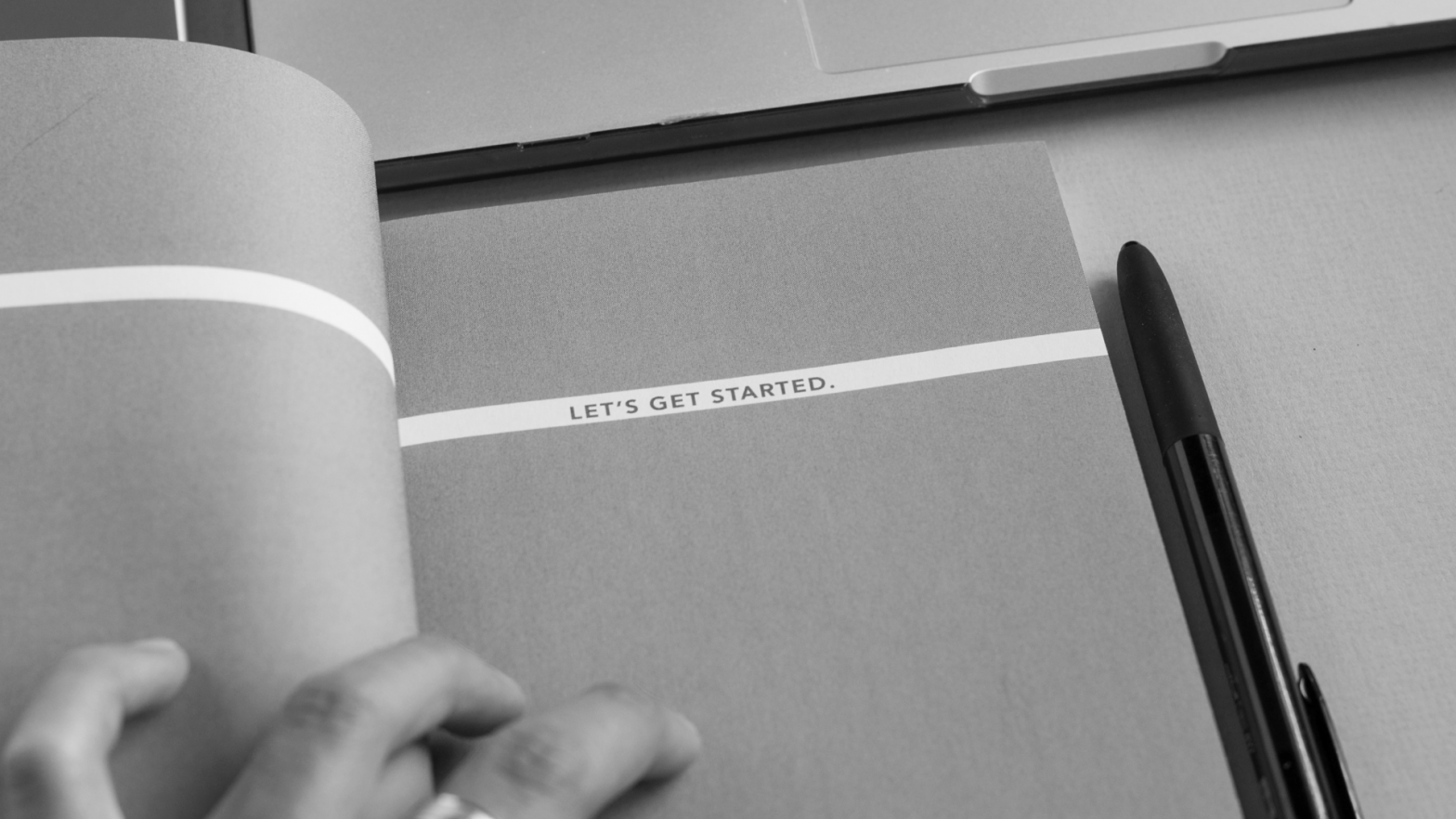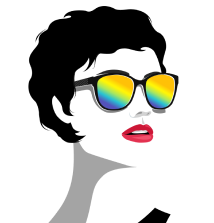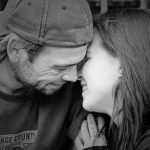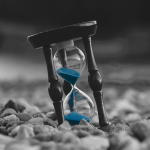Articles in German are considered to be a difficult aspect of learning for English speakers. However, not many people know that there are regularities that can help you recognize which article should be placed before which noun. German nouns are almost always masculine when they have these endings:
| ending | example |
|---|---|
| –ig | der Essig (the vinegar), der Honig (the honey) |
| –ing | der Zwilling (the twin), der Hering (the herring) |
| –ent | der Patient (the patient), der Kontinent (the continent) – exceptions: das Prozent, das Talent |
| –ling | der Frühling (the spring), der Lehrling (the learner) |
| –ich | der Teppich (the carpet), der Stich (the sting) |
| –eig | der Steig (the trail), der Zweig (the branch) |
| –ast | der Kontrast (the contrast) – exception: die Last (the weight) |
Also, nouns of foreign origin ending in:
| ending | examples |
|---|---|
| –ismus | der Kapitalismus (the capitalism), der Tourismus (the tourism) |
| –or | der Doktor (the doctor), der Humor (humour) – exception: das Labor (the lab) |
| –ant | der Praktikant (the intern), der Protestant (the protestant) |
What’s more, nouns related to time are usually masculine nouns. This includes, for example, times of day, days of the week, months and seasons. Other such groups of nouns include points of the compass, weather phenomena, types of coffee, names of car brands, and names of mountain peaks and lakes. Look at these examples:
| German | English |
|---|---|
| die Tageszeiten: der Abend, der Morgen | times of the day: evening, morning |
| die Wochentage: der Sonntag, der Freitag | days of the week: Sunday, Friday |
| die Monate: der März, der Oktober | months: March, October |
| die Jahreszeiten: der Winter, der Sommer | seasons: winter, summer |
| die Himmelsrichtungen: der Norden, der Süden, der Westen | points of the compass: north, south, west |
| die Wetterphänomene: der Regen, der Schnee, der Hagel | weather conditions: rain, snow, hail |
| die Kaffeesorten: der Kaffee, der Cappuccino | types of coffee: coffee, cappuccino |
| die Automarken: der BMW, der Mercedes | car brands: BMW, Mercedes |
| die Berggipfel: der Vesuv, der Mount Everest | mountain peaks: Vesuvius, Mount Everest |
| die Seen: der Baikalsee, der Titisee | lakes: Baikal, Titisee |
If you want to learn more about articles in German, see our article “German articles: definite, indefinite and zero article”.








